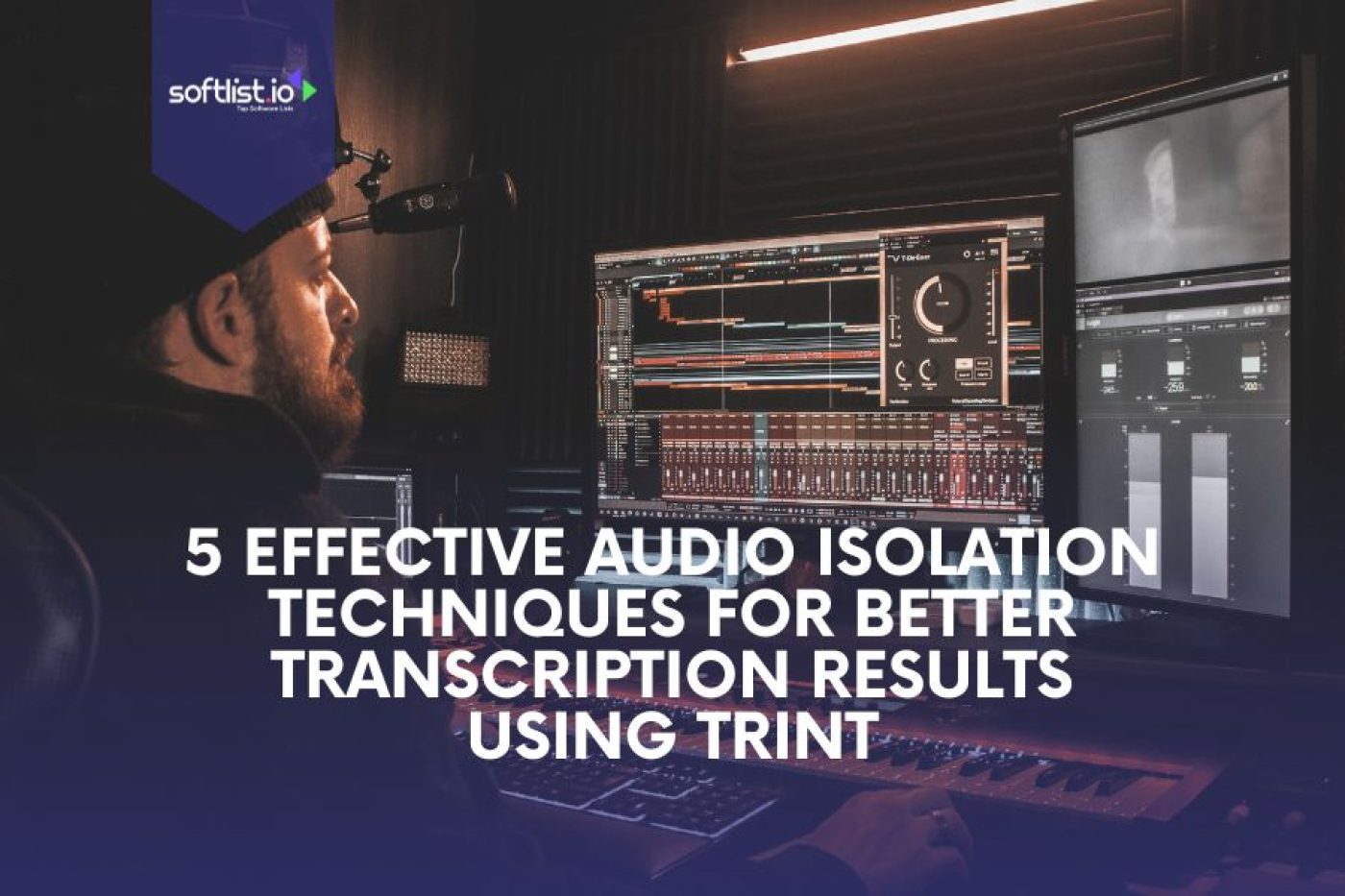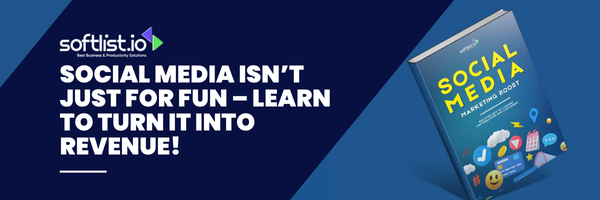Some can’t understate how much social media affects job chances, especially for college students. According to a recent study by Zippia, 73% of job seekers aged 18-34 (mostly students) found their jobs through social media. Moreover, 84% of organizations use it for recruitment.
In this blog, we aim to highlight social media’s positive impact on job prospects while also addressing its challenges and best practices.
Positive Impacts of Social Media on Job Prospects
Source: Canva Pro
Social media platforms can be used to achieve many things and increase the chances of landing a perfect job. Some of the ways these platforms can be helpful are:
1. Personal Branding
Social media platforms offer unparalleled opportunities for students to boast about their interests, talents, and the industry they wish to serve.
Students can leverage platforms like LinkedIn, Instagram, X (formerly Twitter), etc. to shape their personal brand image by posting content related to their industry or engaging with industry-specific content.
By sharing industry-related content, engaging in debates and discussions, and highlighting their achievements and skills, students get to design their own portfolios for potential employers.
2. Networking Opportunities
Long gone are those days when social media platforms were just about sharing food pictures or any achievement. Today, one of the reasons to be on on this is that it has made networking with industry professionals and fellow aspirants super accessible.
Platforms, particularly. LinkedIn is designed for this purpose only, allowing students to connect with alumni, mentors, and potential employers.
Leverage these platforms by joining groups that are related to your industry, sharing your expertise, and having fruitful discussions to gain visibility and establish connections. Networking on these platforms proactively can land you your dream job
3. Access to Job Listings and Opportunities
As the rise of social media platforms has almost reached its peak, a number of companies are increasingly using these to post job openings and recruit talent.
They use platforms like LinkedIn, Facebook, and even Instagram to post their job listings, and ask their networks to share them (along with their respective HRs).
By staying updated, following companies of interest, and regularly checking their social media pages, students will always stay informed about new openings and apply early.
4. Access to Industry Insights
When you stay active on social media, proactively engaging with industry-specific content, then you are bound to know all the latest trends and news. It has become more than crucial to keep yourself updated with respect to industry-specific knowledge to stand out from the crowd.
Plus, these platforms offer real-time updates and development with a twist of humor and creativity. By following key influencers in your industry and organizations, you can gain insights that help you stay ahead of the curve.
5. Skill Development and Online Learning
Platforms like X, LinkedIn, and Instagram have become a well of wisdom, offering free knowledge and online learning resources. They have made so many tutorials, webinars, and courses on a wide range of topics accessible.
Today, whether you are a student or a working professional, you can gain knowledge based on your interests and industries to increase your chances of getting hired for your dream job(s).
6. Real-Time Engagement With Companies
Social media platforms like LinkedIn, Instagram, Behance, etc. allow job seekers and students to interact with their dream companies.
Companies with massive followings often start their own employment drives, community groups, employee groups, etc. to boast about their culture, inclusivity, and reach.
You can comment on companies’ posts, join their discussions, and take part in their webinars and events to build a good rapport with them. It not only increases your visibility and chances but also offers you a chance to learn about companies’ values and make connections with their existing employees.
7. Freelance and Project-based Opportunities
You can utilize social media platforms like Instagram, Facebook, LinkedIn, and YouTube to showcase your soft and professional skills by creating a digital portfolio. Recruiters often scan the these platforms of their prospective candidates for freelance gigs.
For instance, you, as a graphic designer, can showcase your past work or latest designs on Instagram. Also, you, as a content writer, can post links to published articles, personal blogs, or entire portfolios on LinkedIn.
When you showcase your history of successful projects, you are building credibility and trust to secure freelance gigs or full-time positions
8. Virtual Job fairs and Hiring Opportunities
Social media platforms often organize virtual hiring drives to get highly skilled recruits. You can get a real-time opportunity to interact with recruiters and employers using social media. LinkedIn frequently organizes virtual career fairs and live hiring events where companies can interact with potential candidates.
These events provide a platform for job seekers to learn about job openings and participate in live Q&A sessions. Attending these events can help candidates stand out, gain valuable insights into the hiring process, and even secure interviews on the spot.
Potential Challenges or Negative Effects of Social Media on Job Prospects
Source: Canva Pro
While social media platforms provide you with several opportunities, they also pose a significant challenge in front of you, especially if you are a student or a fresher.
As per CareerBuilder, 54% of employers decided not to hire a candidate solely based on their profiles. Some of the reasons for such rejections include:
1. Inappropriate and Sensitive Content
Recruiters often review their applicants’ social media profiles to conduct a background check and look for inappropriate or controversial posts. If you have included any offensive language, inappropriate photos, or controversial opinions, it can severely impact your chances of getting hired.
2. Misalignment with Company Values
Companies often prefer students and applicants whose values and principles align with their own.
By going through your their profiles and activities, recruiters might learn about your values and principles based on your posts and the content you engage with. If those suggest a misalignment, they will see it as a red flag.
3. Poor Social Media Skills
Sometimes, you may get rejected just because you need more basic professionalism when interacting with someone on social media. In addition, typos, bad grammar, comments, etc. also tell a lot about your communication skills.
Tips for Building a Career Prospect Using Social Media

To utilize these platform effectively to increase your desired career prospects, you can follow these best practices:
1. Optimize Your Profiles Across Social Media Platforms
Ensuring that all social media profiles are complete, professional, and consistent is important. This may include a professional, appropriate picture, a solid yet creative bio, and any achievements.
Sometimes, it becomes essential to establish your credibility as a perfect candidate for the job. It might be impressive to your recruiters if you had more than average followers on social media, especially platforms like Instagram and LinkedIn.
You can buy Instagram followers from a reputable provider to make sure you stand out. However, it is important to experience genuine engagement and industry-related content to avoid appearing inauthentic.
2. Update Your Privacy Settings
If you do not wish to expose your pictures, opinions, or any other kind of information publicly, you can change and adjust your privacy settings to control who can see your personal content. This ensures that potential employers only see what you want them to see while preserving your professional image.
3. Engage with Industry Content
As mentioned earlier, social media is a great tool to engage with your industry-specific professionals. You must share and engage with content relevant to your industry.
This can include sharing research insights, commenting on industry leader posts, and participating in healthy discussions. It showcases that you are not only interested but also passionate and knowledgeable about your field.
4. Avoid Using Sensitive and Abusive Language
This is an essential guideline for all platforms. Always maintain a professional tone on these platforms, no matter what. Avoid using language that could be considered offensive or controversial when discussing something with a fellow aspirant or a troll.
Conclusion
Social media sites can really affect students’ job possibilities, providing both chances and problems. However, it is crucial to remember how important it is to stay true to your field.
If you use these platfrom correctly, you can find new friends, internships, and job opportunities that you wouldn’t have been able to reach otherwise.
Students can boost their credibility and exposure by creating a professional online presence to show off their skills, share their accomplishments, and interact with leaders in their field.
Leveraging these tool for personal branding, networking, and skill development can increase your chances of getting hired. Though it does come with some challenges, you must follow the mentioned best practices to navigate these platform effectively.










